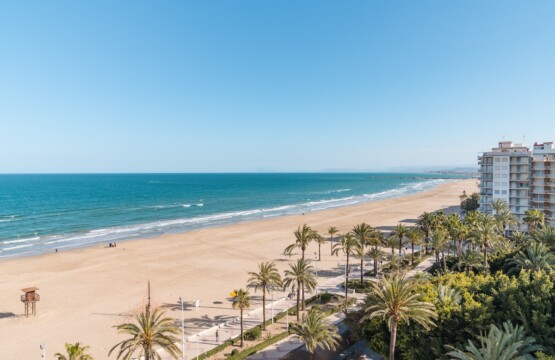Spain, renowned for its vibrant culture, stunning landscapes, and rich history, stands as one of the most popular tourist destinations in the world. The influx of international visitors not only enhances the cultural fabric of the country but also significantly contributes to its economic vitality. This article delves into how tourism revenue has become a cornerstone of Spain’s economy, benefiting local neighborhoods and contributing broadly to economic growth.
The Economic Impact of Tourism in Spain
Tourism is a major economic driver in Spain, accounting for about 12% of the nation’s GDP. Each year, millions of tourists are drawn to its sunny beaches, historic landmarks, and festive celebrations. The direct financial benefits are substantial, but the ripple effects throughout various sectors are even more profound.
Boosting Local Economies
Tourists contribute to the economy directly through expenditures on hotels, restaurants, attractions, and retail shopping. This influx of spending significantly boosts local businesses and leads to job creation in these areas. For instance, hospitality and retail sectors see a marked increase in employment opportunities during peak tourist seasons.
Infrastructure Development
The consistent flow of tourists also supports public infrastructure projects such as transportation systems, parks, and museums. These improvements not only serve visitors but also enhance the quality of life for local residents.
Cultural Exchange and Community Benefits
Tourism fosters a cultural exchange that enriches both visitors and host communities, leading to a broader understanding and appreciation among cultures. Local traditions and artisan skills receive international exposure, increasing their valuation and leading to revitalization or preservation efforts that might otherwise be neglected.
Promotion of Local Culture
In regions famed for specific products or practices—like Rioja for wine or Valencia for paella—tourism promotes these unique cultural elements globally. Artisans find new markets for their crafts beyond local boundaries which helps sustain traditional industries.
Educational Opportunities
Schools and universities often gain from educational programs linked with tourism where students learn languages more quickly by interacting with foreigners or gain practical experience through part-time jobs in tourism services.
Sustainability Challenges
Despite its benefits, the surge in tourism also presents challenges, particularly concerning sustainability. Over-tourism can lead to environmental degradation and strain on local resources if not managed properly.
Environmental Impact
Cities like Barcelona have experienced overcrowding which strains public spaces and can negatively impact residents’ quality of life. Moreover, excessive use of natural resources in tourist spots can lead to long-term ecological damage.
Sustainable Practices
To mitigate these effects, Spain has started implementing sustainable tourism practices, such as limiting visitor numbers at endangered sites or promoting off-season travel to distribute tourist activity more evenly throughout the year.
Economic Resilience Through Diversification
Diversifying its economy is crucial for Spain’s resilience against global economic shocks, such as those experienced during pandemics when travel restrictions severely impacted tourism-dependent economies.
Fostering Innovation
The Spanish government encourages innovation within the tourism sector by supporting tech startups focused on improving sustainable travel solutions and enhancing visitor experiences without compromising environmental integrity.
The Role Of Digital Transformation In Tourism
Digital technology plays a pivotal role by providing tools that enhance visitor experiences while ensuring efficient management of resources.
Digital Marketing Strategies
Tourism agencies use targeted digital marketing strategies to attract tourists from diverse geographical locations while promoting less-known destinations across Spain.
Data Analytics And Management
Data analytics help manage tourist flows effectively—ensuring better distribution across sites which reduces over-crowding issues.
The Future Outlook For Tourism In Spain
Ongoing investment in infrastructure, technological advancement,
and commitment to sustainable practices suggest a bright future
for Spanish tourism.
Growth Forecast
Analysts predict continuous growth in tourist numbers,
fuelled by emerging markets like Asia where an increasing middle class seeks new travel experiences.
Innovative Developments
New developments such as virtual reality tours or augmented reality apps could further transform visitor experiences,
making them even more engaging without adding physical strain on sites.
In Conclusion
Tourism serves as a lifeline for many communities across Spain,
benefiting both large cities…











